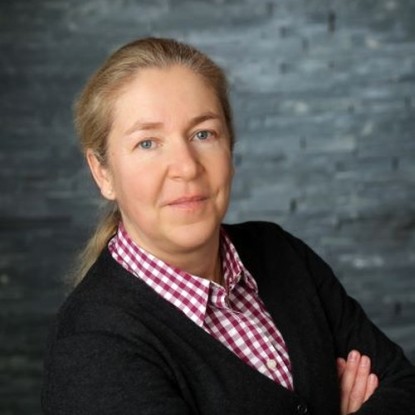About the department
Head of Research Group Dr. Sabine Bartsch
The focus of the linguistic research interests of the Department of Corpus and Computational Linguistics at Technische Universität Darmstadt lies on the corpus-based investigation of functional variation (registers) of language in different contexts (e.g. language of science, political speeches, etc.). One focus here is the creation of profiles of interacting features of registers, as well as historical changes of such registers that took place in the course of the history of modern science, especially since the late 17th century. A related focus in the field of register research is the analysis of scientific texts as multimodal artifacts, which, in addition to natural language text, include images, tables, and formulas as well as other non-linguistic modalities.
Another central research topic is to be seen in lexical co-occurrence phenomena, in particular so-called collocations, which can be observed in all areas of language and are of particular relevance because they play an important role in semantic differentiations of meaning (“You shall know a word by the company it keeps,” J.R. Firth). In addition, collocations are of special significance regarding the language production and reception of people who are learning a foreign language, as well as in the formation of terminology, as a coexistence of lexical expressions often indicates a subject-specific differentiation of meaning.
Another area of interest focuses on grammatical constructions, including methods of studying rare phenomena in corpora. Examples are inventories of non-canonical constructions, such as cleft sentences, NP fronting, etc., or instantiations of modality and their distribution and function in the context of other constructions within the construction inventory of individual languages.


